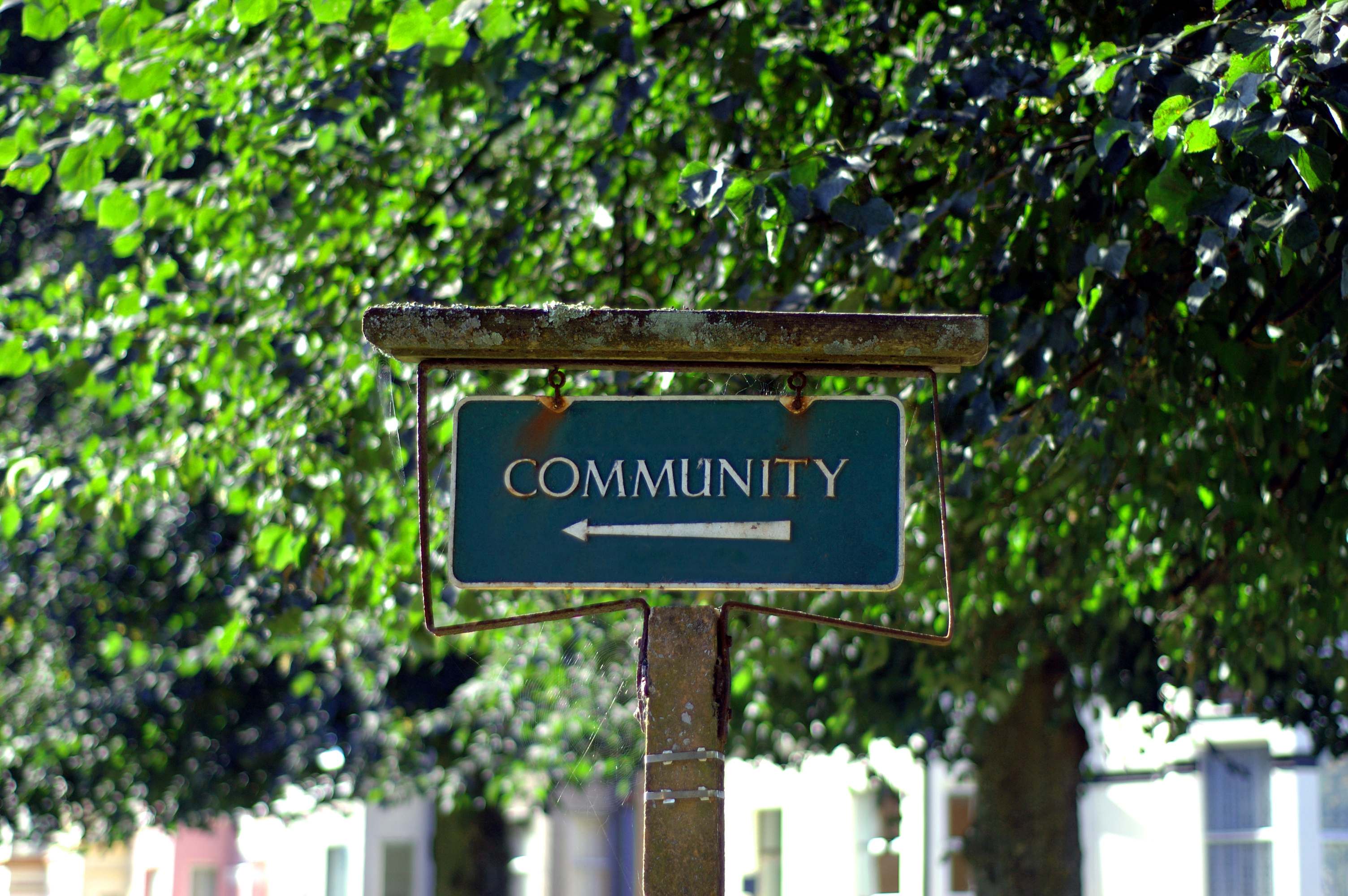by Laura Dobie
The Community Empowerment (Scotland) Bill was finally passed by the Scottish Parliament after a debate and vote late on Wednesday evening. In this article we look at the background to the Bill, the reforms that it proposes and its potential to strengthen community planning.
Background
The Community Empowerment (Scotland) Bill was introduced in the Scottish Parliament on 11th June 2014, and the Stage 2 debate took place in March 2015. The Bill has its origins in the 2011 Scottish National Party election manifesto (where it was referred to as the Community Empowerment and Renewal Bill). This was followed by two Scottish Government consultations. The Bill is part of a broader programme for public service reform in Scotland which was introduced by the Commission on the Future Delivery of Public Services, which stressed the need to ensure that public services are built around people and communities.
The Bill sets out reforms in areas including community planning, community right to buy land, involving communities in the delivery of public services and the acquisition of public assets by communities.
Community planning provisions
The Bill gives community planning partnerships (CPPs) a statutory basis and extends the range of public bodies which are defined as community planning partners beyond those set out in the 2003 Local Government in Scotland Act, which introduced community planning. It sets out a legal obligation for local authorities and their partners to participate with each other and to participate with any community bodies which the partnership considers likely to be able to contribute to community planning.
There is a particular focus on involving organisations which represent disadvantaged groups, and CPPs are required to “act with a view to reducing inequalities of outcome which result from socio-economic disadvantage unless the partnership considers that it would be inappropriate to do so.”
CPPs are also required to prepare and publish a local outcomes improvement plan and to review whether they are making progress in achieving these outcomes. They must also publish progress reports for each reporting year.
Will the reforms strengthen community planning?
A number of reports have been critical of community planning since its inception, in particular with respect to its involvement of, and impact on, local communities. The Christie Commission highlighted “variations in the effectiveness of community planning partnerships,” while an Audit Scotland report found that barriers such as the lack of a clear accountability framework have prevented CPPs from operating as intended. It argued that all community planning partners need to work together to address these barriers.
A SPICe briefing on the Bill noted that “putting community planning on a statutory basis, and requiring participation from all partners, not just local authorities, has long been considered a way in which community planning could be improved.” The general duty on all partners to participate, and specific responsibilities conferred on some partners to ensure the efficient and effective operation of the partnerships, may help to address some of the previous shortcomings of CPPs.
However, the Local Government and Regeneration Committee does not consider that a statutory duty is sufficient to ensure the effective participation of all public bodies in community planning. Some stakeholders have also highlighted issues with how outcomes will be selected and prioritised by CPPs, while others have voiced concerns that the process will remain top down, and will not give communities much of an opportunity to contribute to determining outcomes.
While the proposed reforms place clear responsibilities on CPPs to involve relevant bodies in community planning, and contain provisions which aim to address previous problems with CPPs, we will need to see how they are applied in practice in order to determine whether they will bring about improvements in community planning, and ultimately lead to improved outcomes for communities.
The Idox Information Service can give you access to a wealth of further information on community planning. To find out more on how to become a member, contact us.
Further reading*
Changing gear (Community Empowerment (Scotland) Bill), IN Holyrood, No 327 10 Nov 2014, pp35-36
Improving community planning in Scotland
*Some resources may only be available to members of the Idox Information Service
Share
Related Posts
By Ian Babelon A new-old concept for proximity “Are we there yet?” Parents may patiently nod to their children’s insistent nudges on a 20-minute journey to… somewhere. Quite rightly, researchers have asked: twenty minutes to what? The answer may well ....
Following the adoption of National Planning Framework 4 (NPF4) at the end of February, the Scottish planning system and planning services are dealing with transitioning to a development plan system without statutory supplementary guidance and where the relationship to current ....
By Ian Babelon In the first part of two blog posts, published on 22 May, Ian Babelon provided examples of good practice in retrofitting social housing. The second part of this blog post looks at estate-wide and area-wide social housing ....


